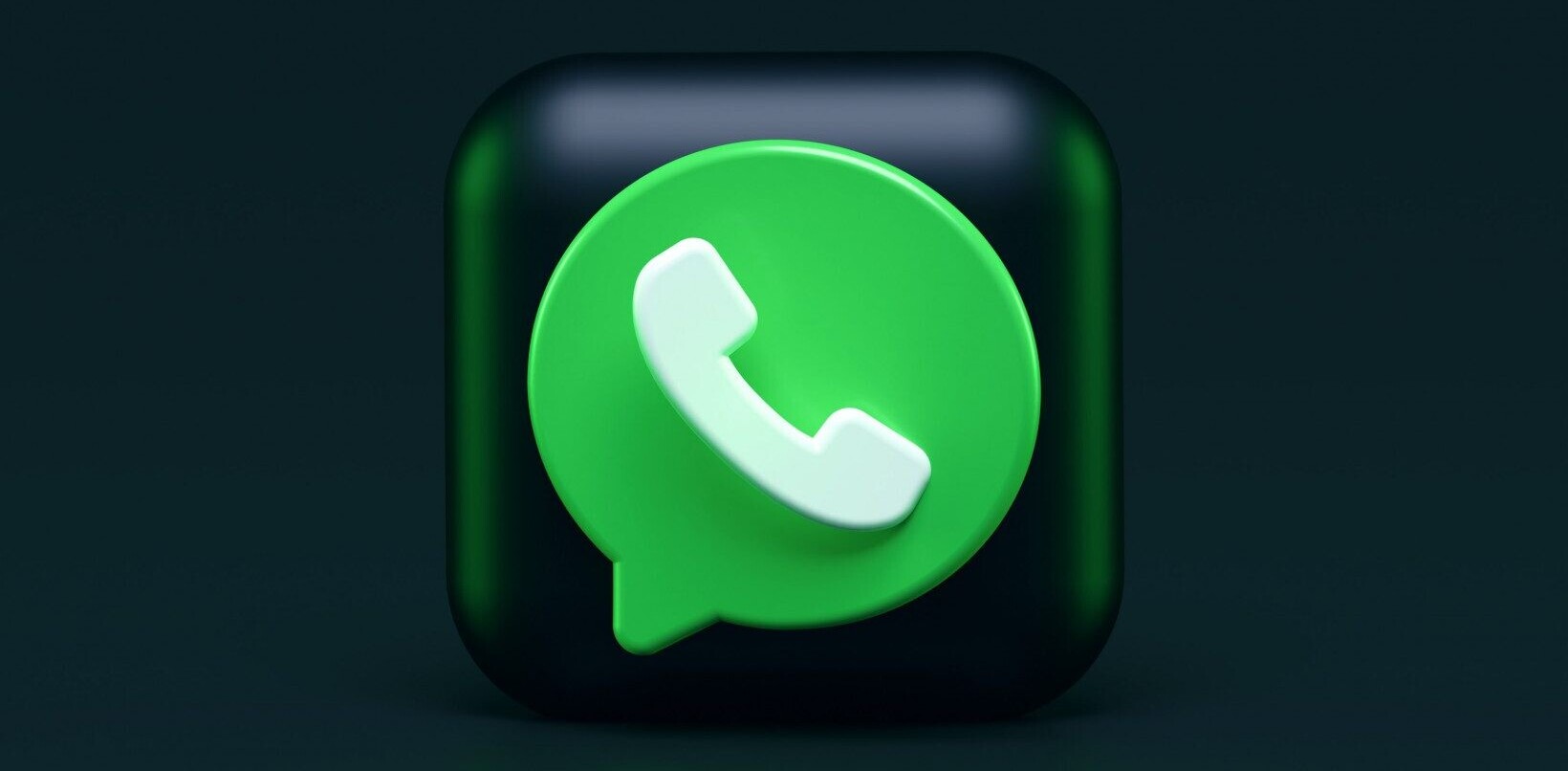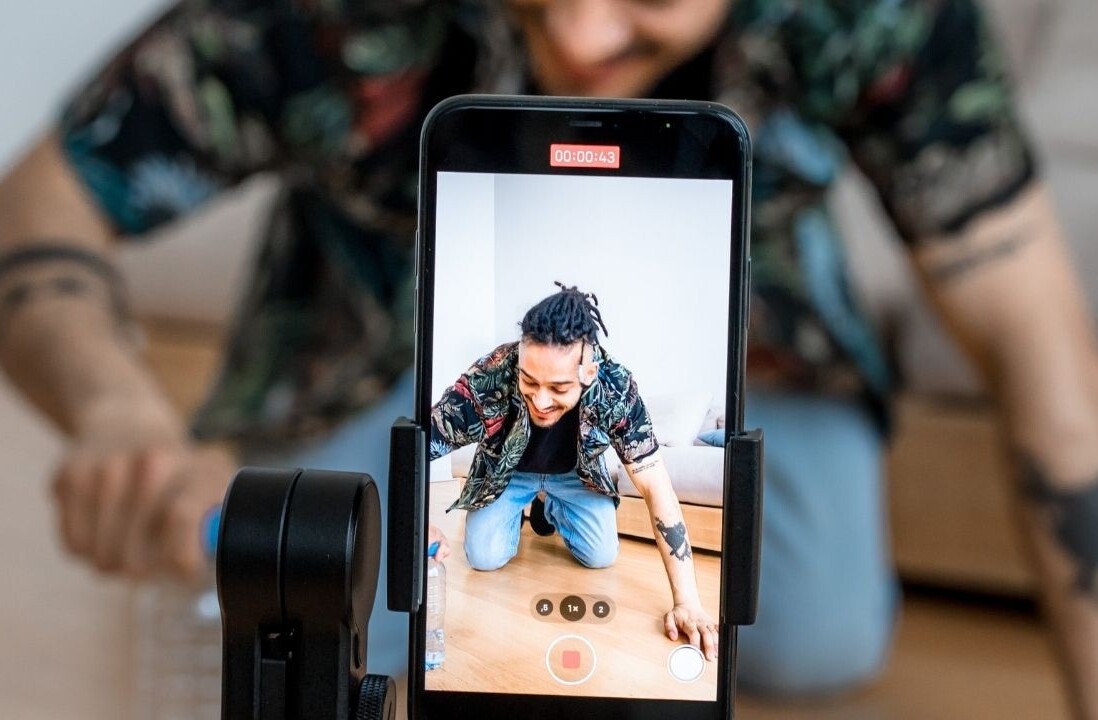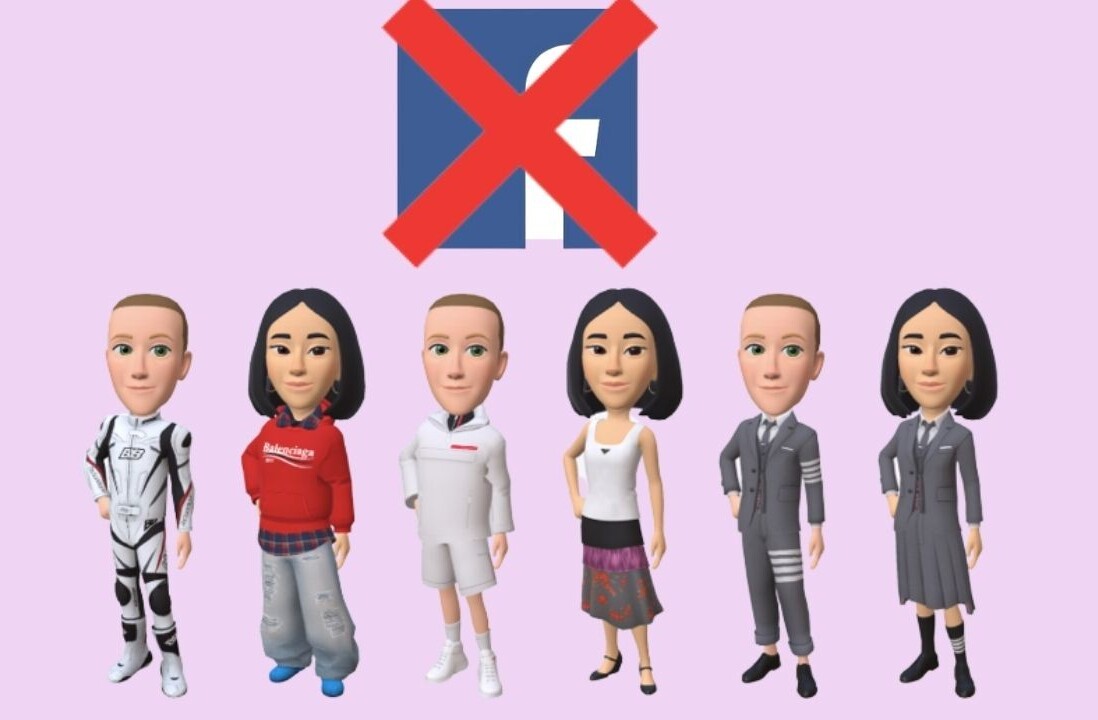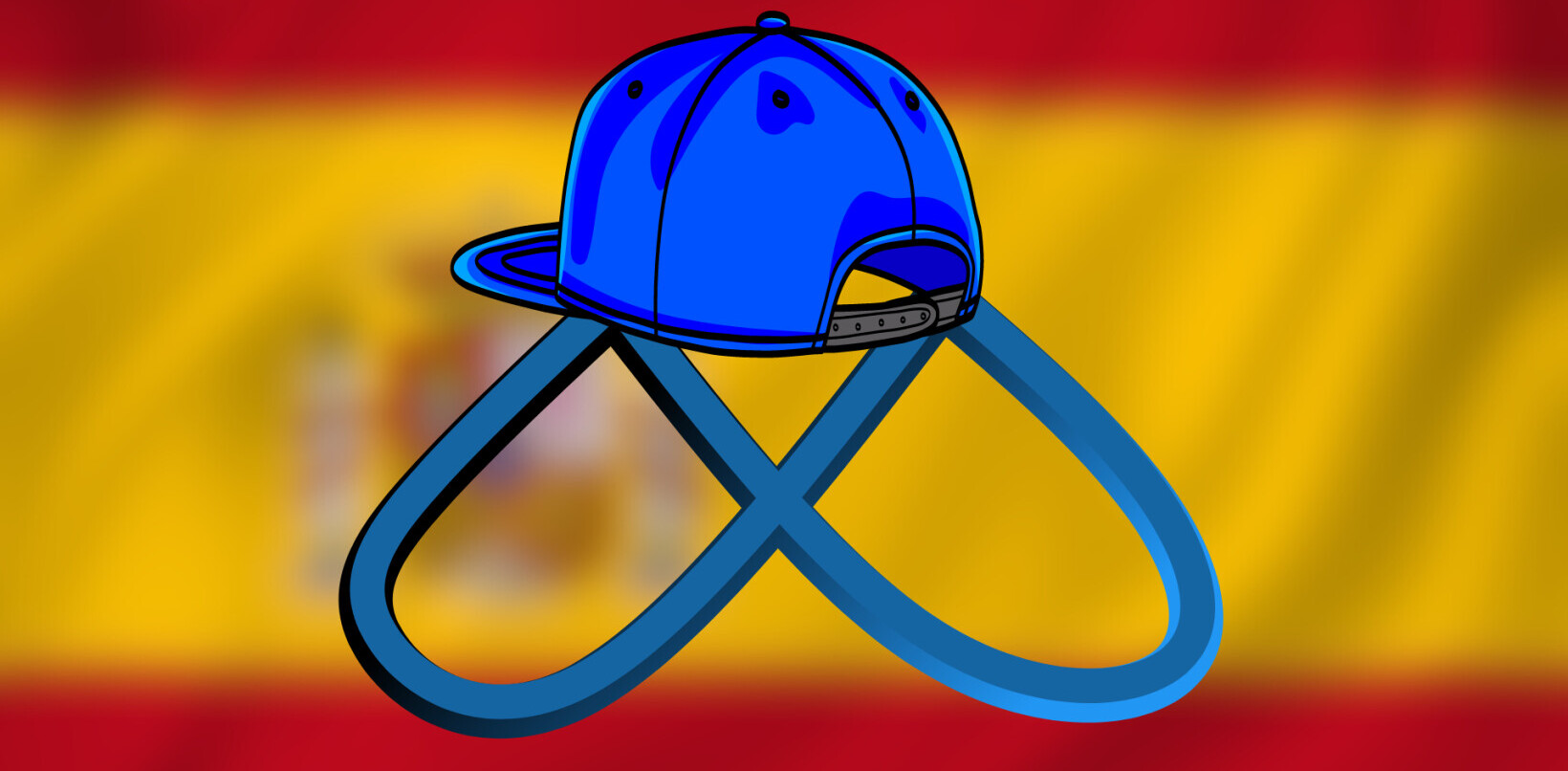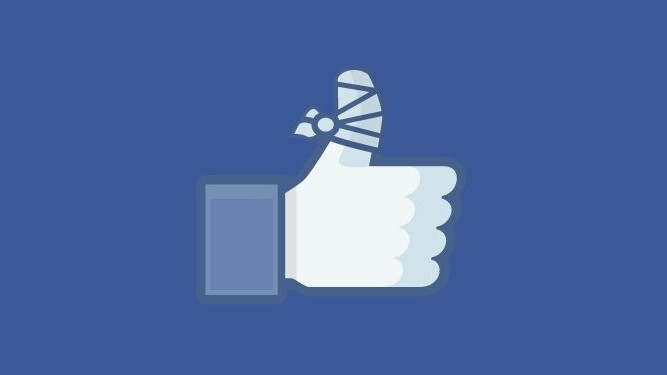
Before you get into the nuts and bolts of optimizing your Facebook business presence, let’s imagine that you’ve gotten your brand up and running on the biggest, most recognized, most powerful social media site in the world.
You’ve read the articles, the tips, the advice. You’ve got savvy young interns and experienced content management teams working hard to make sure your brand reaches your audience. Or you’re doing it yourself as a bootstrapping solopreneur.
But hold on a second. Before you hit that “Post” button, did you know that what might sound like a small slip-up to you – a typo, a misplaced photo, a poor hashtag choice – has cost some of the biggest brands in the world millions in lost revenue?
On average, companies can expect to lose about $4.3 million in global sales because of social media mistakes. Those who don’t pay attention to the details can confuse and frustrate their followers on a massive scale. A small mistake can easily snowball into an error with huge consequences.
Here are seven of the biggest Facebook blunders made by some of the most highly-regarded brands in the world I’ve come across researching this topic for my latest book, “Facebook Marketing Like I’m 5,” which I co-wrote with Peg Samuel, who teaches social media at NYU.
Talking like a robot
Apparently, Domino’s Pizza isn’t used to getting compliments. When a customer posted a compliment on the fast food giant’s Facebook page, the brand replied with an automated apology, “So sorry about that! Please share some additional information with us and please mention reference# 1409193 so we can have this addressed.”

The brand’s failure to use a human voice turned an opportunity for a positive customer interaction into an embarrassing moment that was then massively amplified via social media.
Don’t use robo-posts. Social media is a conversation and replies must be human and authentic. While marketing automation has a role to play in terms of gaining efficiencies and capturing metrics, it should never be viewed as a replacement for true human interaction.
Deleting posts
If you want your fans to abandon you as quickly as possible, go ahead and delete their messages from your Facebook areas. When people took to Smuckers’ Facebook to criticize its stance on GMO labeling or ask questions about GMOs in their products, Smuckers casually deleted the posts and pretended they never existed.
When the website GMOInside.org learned of Smucker’s “strategy,” they wrote their own posts to Smuckers, which were promptly deleted as well.

The questions were an opportunity for Smuckers to elaborate on its stance and respond to customer feedback. By simply speaking up instead of bulk deleting questions, a lot of the negative backlash could have been managed before things get out of hand.
Being boring or overly “salesy”
Today’s consumers are tired of the same old companies doing the same old kind of advertising; more than half of Facebook users have unfollowed a brand for being too salesy, self-praising, or boring.
GM is a prime example of a huge brand that is unfortunately using Facebook to blandly broadcast to its followers, rather than engaging with them. Don’t take my word for it; here’s an example:

Don’t be like GM posting press releases on Facebook and treat your fans as if they’re unwilling participants in a quarterly sales meeting. Customers want to relate to the companies they do business with and they’re open to seeing what makes that company unique and different.
Forgetting that content is global
The day before the Swedes took on Portugal in a crucial World Cup qualifier, Pepsi Max ran a series of ads on their Official Facebook page in Sweden. The ads featured Portugal’s soccer superstar, Cristiano Ronaldo, as a voodoo doll caught in a variety of unfavorable positions (such as lying prone on a railroad track). Ouch!

Normally, the rest of the world wouldn’t have seen an ad created in Sweden, but the Portuguese were offended and let the whole world know it. A Portuguese anti-Pepsi Facebook group managed to build 100,000+ fans in a single day, and Pepsi was forced to pull the ads and issue an apology (it’s not known from Web search what happened to their ‘creative’ ad agency but I imagine it wasn’t good).
Learn from this costly mistake – even if you don’t think of your company as a global entity, you must remember that everything on the internet is seen everywhere. And make sure you don’t let your creative director go wild on Facebook.
#Going #HashtagCrazy
It’s an ongoing question – to use hashtags on Facebook or not? By analyzing 200,000 Facebook posts, Social Bakers found the optimal number of hashtags to be between one-two. Using more hashtags than this can cause a significant drop in interactions. And let’s face it, “hashtag-stuffing” makes your company look desperate for attention and Likes.
Starbucks has been found on the wrong side of this research and its hashtag-heavy approach puts it in danger of lowering engagement with its fans. Stick to one or two relevant hashtags. In Starbuck’s case below, “strawsome” is unique, clever and all they need, but the post lacks in unique copy in favor of over-hashtagging.

Take the above advice or the only hashtag your brand will be found under will be #youredoingitwrong!
Making bad jokes
7-Eleven thought they had a pretty good sense of humor when they decided to share a Facebook comment referencing Mental Health Month.

While some fans likely found this post funny, most found it offensive and 7-Eleven was forced to learn a social media strategy lesson the hard way. The blowback from their poor decision was harsh and quick and put the company in a rather unfavorable light for quite a while.
If your company wants to tie into a holiday or event, you’d better make sure you “dot your i’s and cross your t’s” and not mistake insult for humor. You don’t want to be that kind of a brand.
Looking for shortcuts
Begging is never pretty, not under any circumstances. Asking for Likes on Facebook is digital begging at its worst and says, “we don’t have a strategy and we’re not even sure who we are” better than any press release could.
Oxiclean is the poster child for this social media taboo. Not only did they blatantly ask for Likes, but they weirdly combined the request with tax filing season!

I don’t claim to be a social media guru, but… no, I don’t get it either. I just know you probably shouldn’t have either of these components in your marketing strategy. Don’t beg or buy fans… earn them with solid content strategies and engagement.
What’s the worst Facebook marketing blunder have you seen from a brand?
Get the TNW newsletter
Get the most important tech news in your inbox each week.

